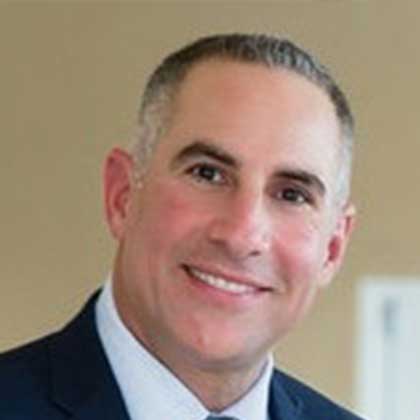Rolling over your 401(k) – A Step-by-Step Guide


If you have a 401(k) plan through your employer, you may be able to roll it over to another retirement account under specific conditions. This rollover usually happens when you change jobs or retire.
Preparing in advance and understanding the process can make rollovers straightforward and manageable.
To roll over your 401(k) plan, you’ll want to do the following:
Consider Your 401(k) Rollover Options
Leaving your current job? Time to review your 401(k) choices. You can opt for a rollover, transferring the balance to your new employer’s plan or an individual retirement account.
Although it’s possible to move an old 401(k) to a new employer’s plan, most prefer shifting funds to an IRA. Alternatively, check with your former employer about leaving the funds in the existing account.
Aim to Keep Costs Low
Before transferring funds to another account like an IRA, it’s essential to keep costs low by considering the associated fees. Compare the investment options and fees between your former employer’s plan and your IRA. If your 401(k) plan has higher fees than your IRA, rolling over to the IRA could be a wise choice.
Take Care to Avoid Tax Liabilities
Be cautious to avoid tax liabilities when transferring funds to an IRA. Rolling a traditional 401(k) over to a traditional IRA can be tax-free as both hold pretax funds. However, moving funds to a Roth IRA will trigger immediate taxes on the rolled-over amount while offering tax-free withdrawals in the future.
Avoid 401(k) Rollover Penalties
When rolling over your 401(k), ensure the money is directly transferred to your new account by your plan sponsor to avoid penalties or taxes. If a check is issued to you, remember the 60-day rule for reinvestment into a tax qualified account. Be cautious as employers may withhold a portion for pending tax payments.
Correctly completing the rollover within 60 days ensures withheld taxes are returned as a credit upon completion. Failure to adhere to the 60-day rule can lead to taxable amounts and potential early withdrawal penalties if you are under 59 1/2 years old.
Consider Your Investment Preferences
Expand your investment horizons beyond limited choices in your 401(k) plan by exploring the diverse options an IRA can offer. Dive into a variety of investment types like stocks, bonds, exchange-traded funds, and mutual funds within an IRA.
When deciding the fate of your 401(k) funds, consider how you’ll handle investments. Leaving the 401(k) with your previous employer might leave you solo in fund allocation. Conversely, transferring funds to an IRA lets a financial advisor assist in selecting investments aligned with your objectives and risk tolerance.
Think About How Soon You Will Need the Money in Your 401(k)
Analyzing your retirement plans and estimated income can guide your decision on handling your 401(k) upon leaving a job. If you depart at age 55 or older, you can withdraw from the 401(k) without penalty. Rolling over to a traditional IRA necessitates waiting until at least 59 1/2 to dodge an early withdrawal fine.
Transferring to a Roth IRA carries distinct rules. While contributions are accessible anytime, withdrawing earnings penalty-free requires a minimum five-year waiting period.
Before executing a rollover, seek advice from a financial professional regarding retirement goals, desired lifestyle, and future pursuits.
Darren Jurick is a well known financial advisor in Florida and has been advising clients how to tax efficiently grow, preserve and distribute their wealth for almost 30 years. For the first ten years of his career, Darren focused on helping younger clients plan for their future retirements.
Since then, his practice has shifted to working with business owners and those in or near retirement. Darren also advises his clients on a variety of asset protection, income taxation and estate-planning issues. Darren is committed to educating, involving and motivating clients to help them take control of their financial futures. Darren attended Tulane University College. His career in the financial industry began at Merrill Lynch. Darren has lived in Parkland, Florida since 2012.






